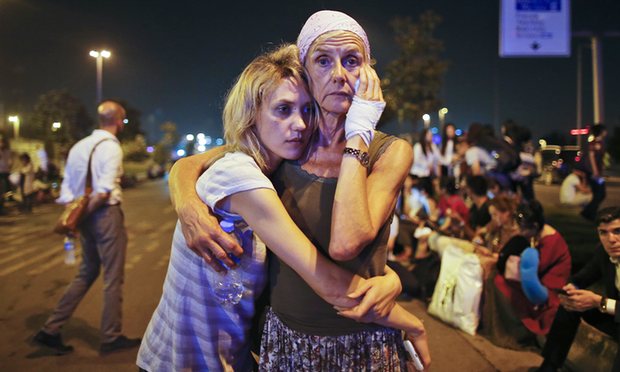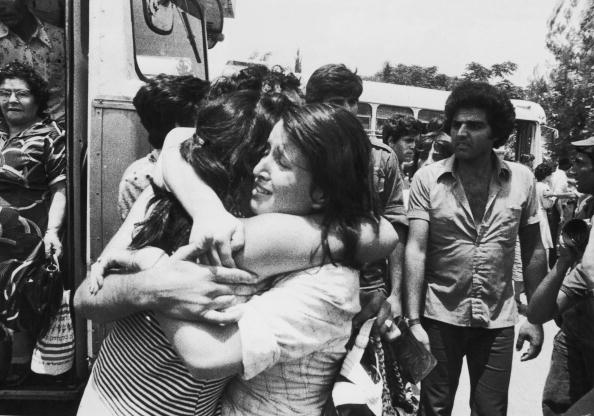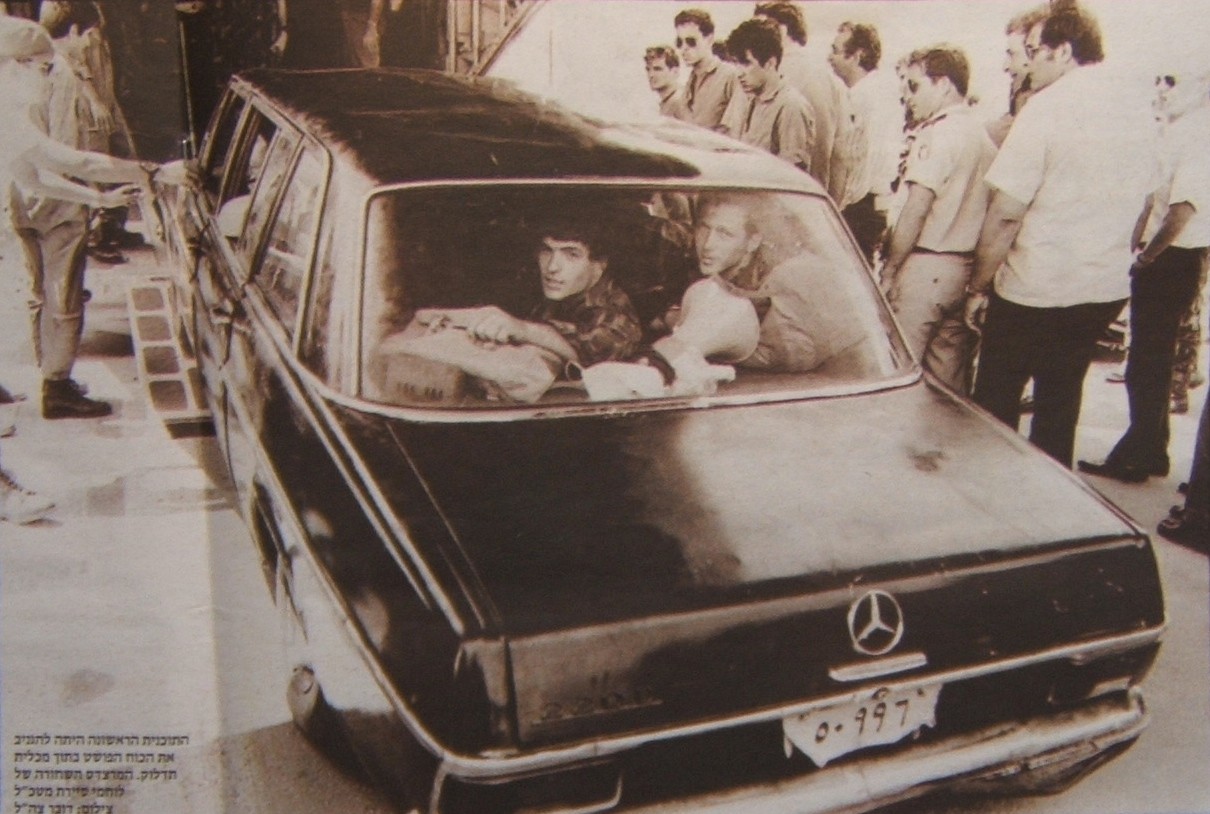Airports around the world —places thought to be highly secure—have been hit with terror attacks.
In March, ISIS terrorists killed 34 people and injured over 270 people as part of an airport ambush in Brussels, Belgium. More recently, ISIS terrorists attacked civilians at the Istanbul airport, killing over 40 people.

Unfortunately, airport terrorism is not a new phenomenon. Airports are the ideal setting for terrorists. They can sneak in weapons, and once inside, thousands of people are at their disposal.
When an airport is attacked, it is symbolic of violating a society’s sense of overall security. In other words, penetrating an airport’s security is optimal psychological warfare. Israel has the tightest airport security in the world. Sadly, this is the result of multiple terror attacks involving Israelis over the years.
On June 27th, 1976, German and Palestinian terrorists hijacked Air France Flight 139 flying from Tel Aviv to Paris. During a stopover in Athens, the terrorists managed to sneak onto the plane. They then landed the plane in Entebbe, Uganda.
The terrorists held a “selection” process, freeing all non-Jewish passengers and holding all Jewish passengers captive. Immediately, Israel tried to negotiate with the infamous and murderous Ugandan President Idi Amin to no avail. A leader who was running genocide himself in his own country, Idi Amin collaborated with the terrorists.
Israel knew negotiations would not suffice and that the captured passengers lives could be taken at any moment. Gathering intelligence on the Entebbe Airport, Israeli forces quickly prepared an operation to save the captives. Swiftly taking action on July 3rd, the Israeli government chose not to negotiate with terrorists and instead sent four transport aircrafts to Uganda in order to save the passengers.
Pretending to be Idi Amin and his accompanying security entourage, an Israeli Commando unit rolled out of the transport aircrafts in a black Mercedes and Land Rovers.
Unfortunately, two Ugandan sentries caught on quickly and were not deceived. They knew Idi Amin’s new Mercedes was white, not black. As a result, Lt. Col. Yoni Netanyahu, Israeli Prime Minister Bibi Netanyahu’s brother, was tragically killed in action while shooting down the sentries. Despite this unexpected and fatal obstacle upon passing through security, the mission was successful.
By midday on July 4th, the Israeli captives were already freed and flown out of Entebbe back to Israel’s Ben Gurion airport.

In total, four casualties were lost during the operation. Operation Entebbe is also named Operation Yonatan in honor of Yoni Netnayahu. The IDF’s victory in Operation Entebbe is a poignant reminder that terrorism, especially in airports, can, and must be defeated.
Israel is known worldwide for its impressive and effective airport security. Since the terror attack in Belgium, the country has looked to Israel for advice on strengthening its own airport security. Vehicles pass through a security checkpoint before arriving at Israel’s Ben Gurion airport, and armed security guards constantly patrol its terminals. Since Israel’s airport is unfortunately a common target for terrorists, it is prepared for the worst. Sadly, international airports now need to do the same if they want to uphold security for travelers and truly be prepared for further terror attacks.

A top commando military man, Yoni Netanyahu also wrote in his free time. His pieces were compiled into a book, The Letters of Jonathan Netanyahu, and a film, Follow Me: The Yoni Netanyahu Story.
Amongst his writings are many personal and insightful thoughts. Netanyahu wrote the following in 1969:
On me, on us rests the duty of keeping our country safe…we are united by something that is above and beyond political outlook. What unites us produces a feeling of brotherhood, of mutual responsibility, a recognition of the value of man and his life, a strong and sincere desire for peace, a readiness to stand in the breach, and much more. I believe in myself, my country, my family and my future. This is a special people, and it’s good to belong to it.
This short passage reflects Netanyahu’s desire to protect innocent individuals in the face of terrorism and his hope to share in the responsibility for the survival of his people, which inevitably cost him his life in Entebbe.
Every year, Yoni Netanyahu’s story along with the entire story of Operation Entebbe is commemorated. July 4th will always be a day of inspiration and military accomplishment for the Israeli people.
Contributed by CAMERA Intern Penina Simkovitz
